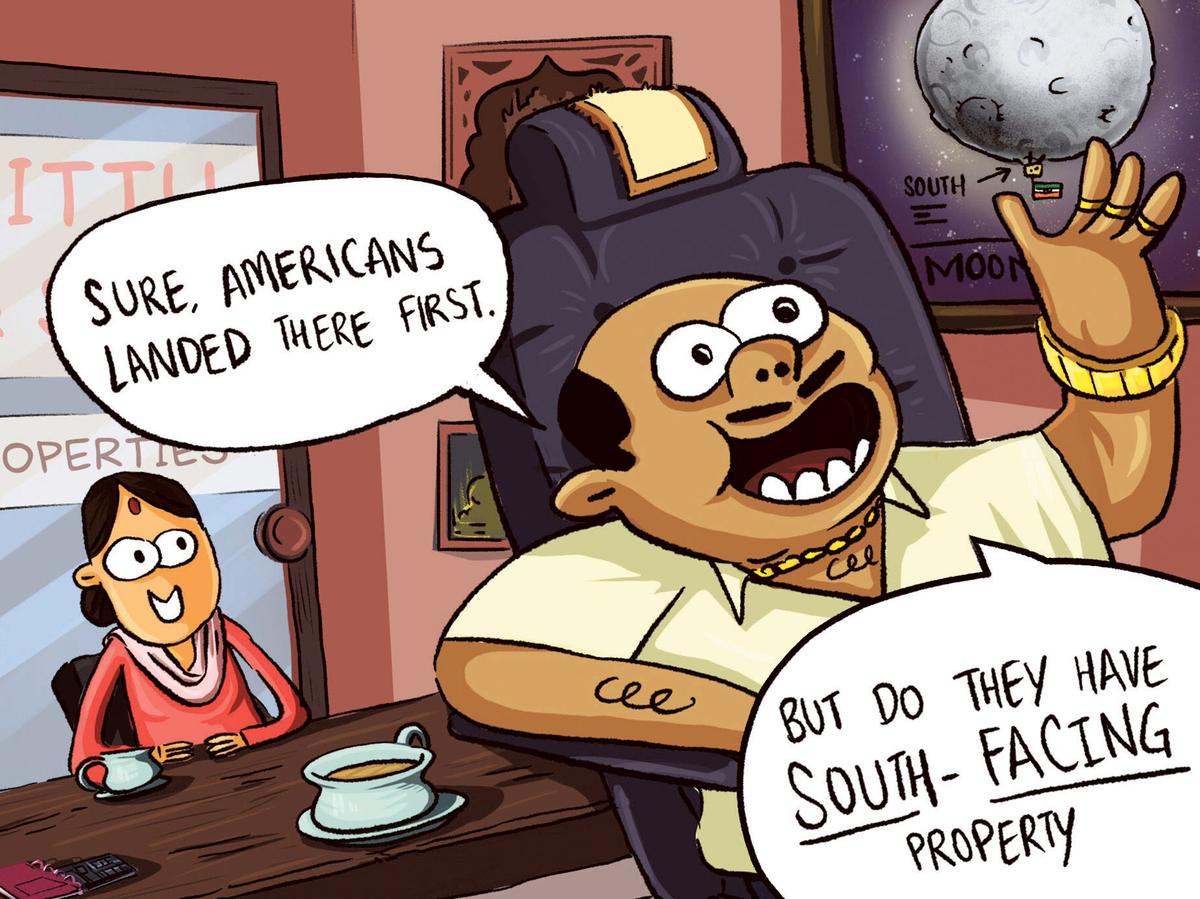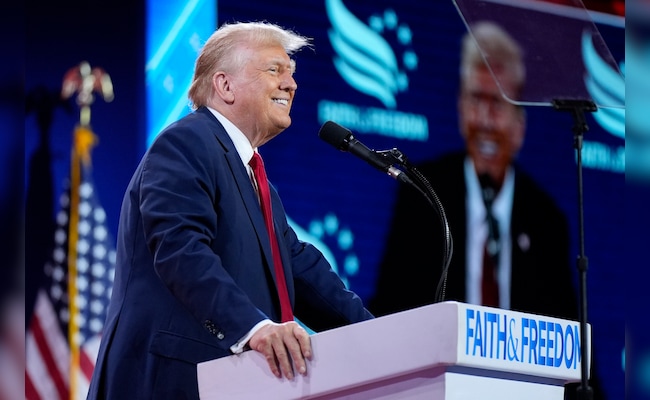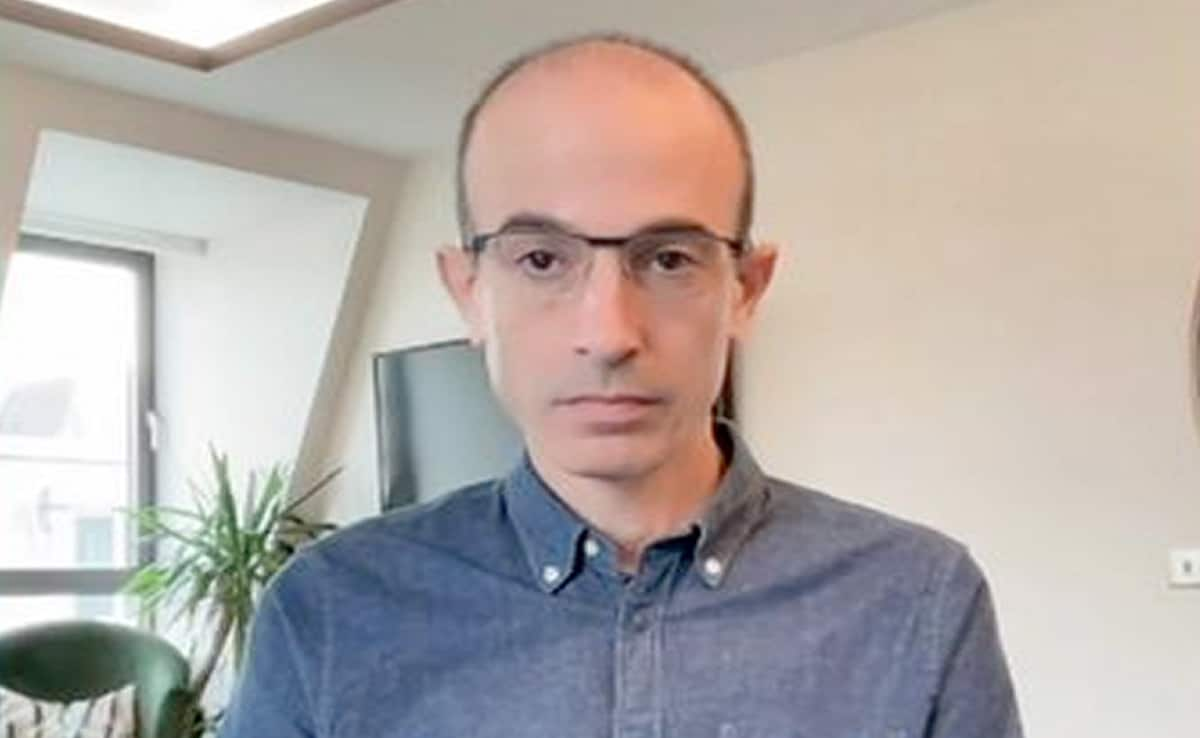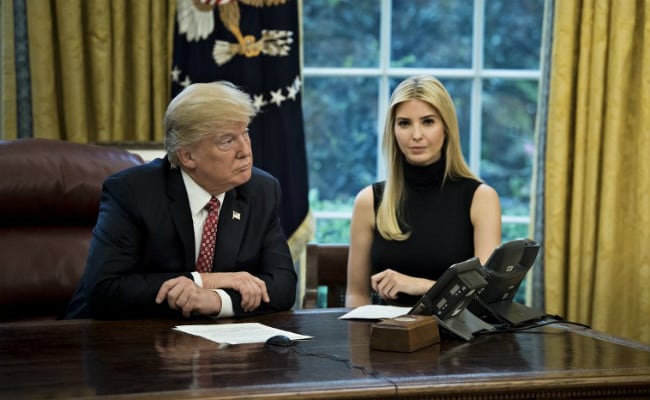A supporter of the ruling Democratic Progressive Party (DPP) holds a sign to support Taiwan’s independence during the vote for the Parliament reform bill in Taipei on May 28, 2024. File
| Photo Credit: AFP
China included the death penalty for “particularly serious” cases among judicial guidelines on criminal punishments for “diehard” supporters of Taiwanese independence published on June 21, state media reported.
Beijing views democratic Taiwan as part of its own territory and has refused to renounce using force to unify with the self-ruled island one day.
It has stepped up pressure on Taipei in recent years and held war games around the island last month following the inauguration of its new leader Lai Ching-te.
State news agency Xinhua said on Friday Beijing had released a notice about punishing “Taiwan independence’ diehards for splitting the country and inciting secession”.
It said the notice specified the death penalty for “ringleaders” of independence efforts who “cause particularly serious harm to the state and the people”.
Other leading advocates could face jail terms ranging from 10 years to life imprisonment, the notice said, according to Xinhua.
Taipei hit back swiftly, saying Beijing “has no legal jurisdiction at all over Taiwan” and that the rules “had no binding force on our people”.
“The actions of the Beijing authorities will only provoke confrontation between the peoples across the Taiwan Strait… and are not conducive to positive developments in cross-Strait ties,” the island’s Mainland Affairs Council said in a statement.
‘Sharp sword’
According to Xinhua, Beijing’s notice targets those who form “secessionist organisations” or direct people to “carry out activities that split the state”.
It also takes aim at attempts to “change Taiwan’s legal status as a part of China”, promote exchanges between Taiwan and sovereign nations, or “distort or falsify the fact that Taiwan is part of China in the fields of education, culture, history (or) news media”.
Also Read | China Embassy says no such thing as ‘president’ of Taiwan region
The rules take effect in China from Friday, Xinhua said.
Top security official Sun Ping told a news briefing in Beijing on Friday that the guidelines meant “the sharp sword of legal action will always hang high” over alleged secessionists, the state-run People’s Daily reported.
Mr. Sun said the rules “do not target most Taiwanese compatriots, only an extremely small minority” of independence advocates, according to the newspaper.

Mr. Lai, a member of the Democratic Progressive Party who took office on May 20, has hewn closely to the position of his predecessor Tsai Ing-wen that Taiwan is effectively already independent and so has no need to declare it formally.
Beijing has branded Mr. Lai a “dangerous separatist” and has not conducted top-level communications with Taipei since 2016.
It continues to maintain a near-daily presence of naval vessels and warplanes around Taiwan and held three-day drills last month dubbed Joint Sword-2024A that it said were a test of its ability to seize control of the island.















